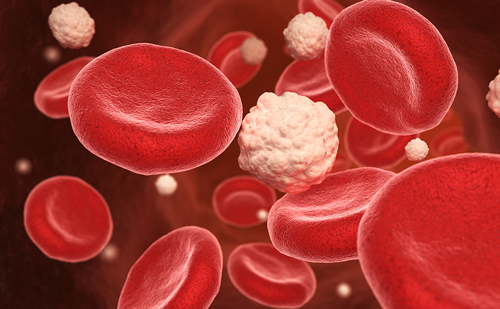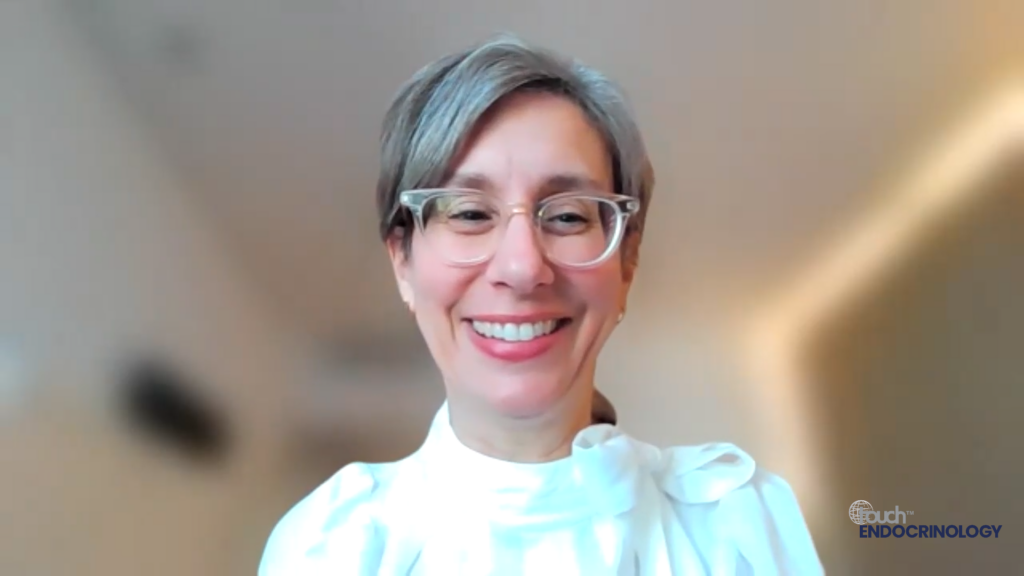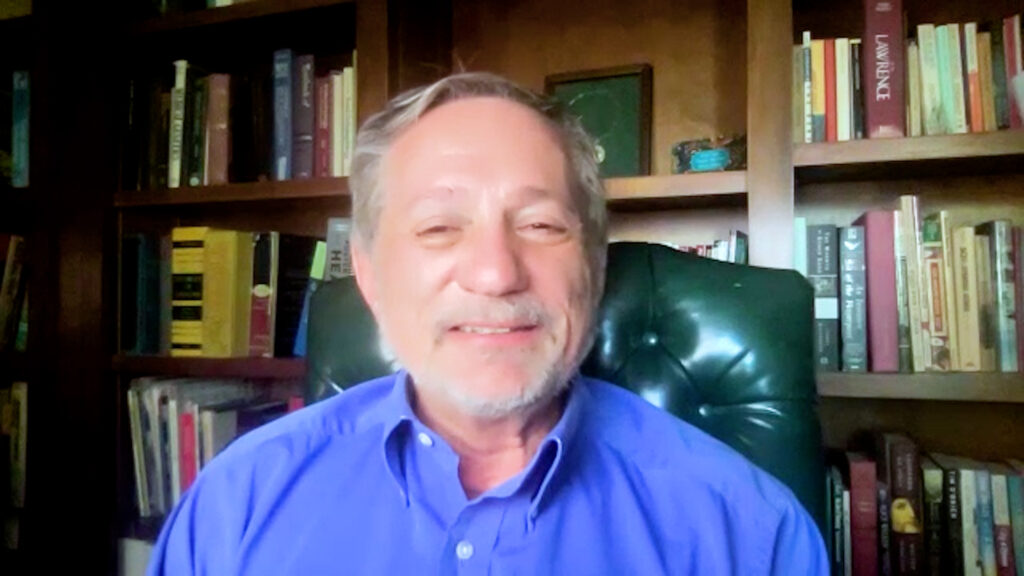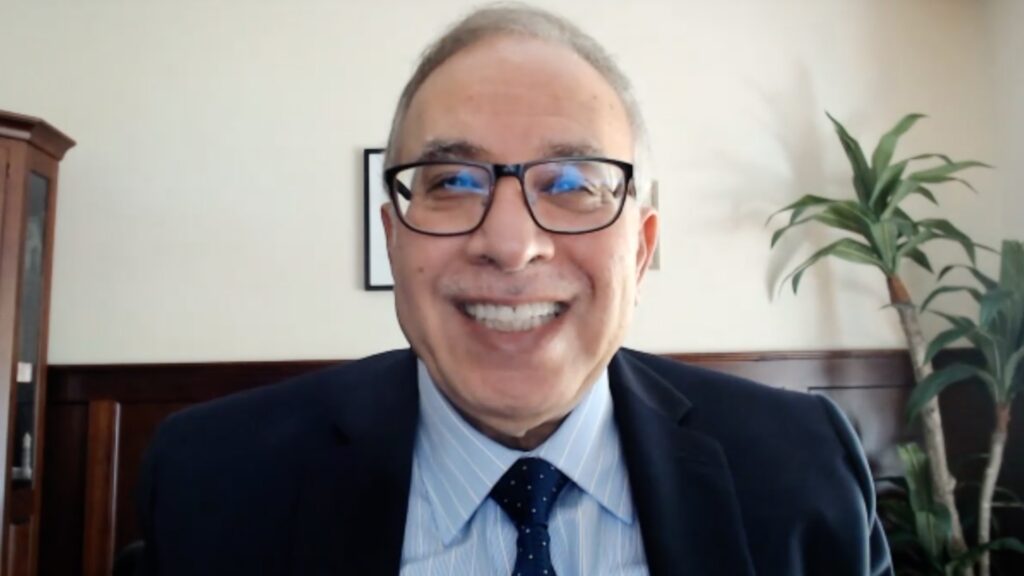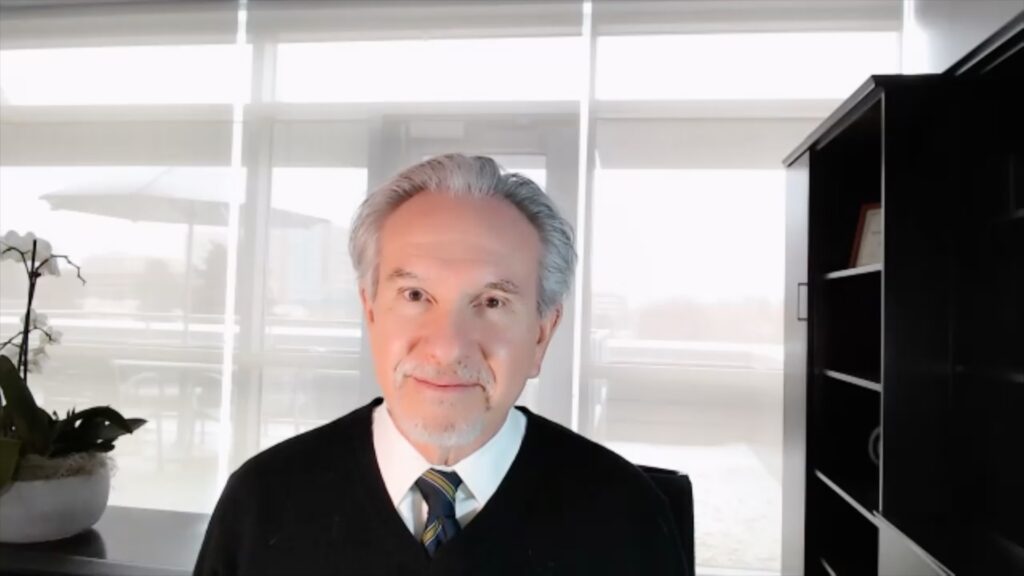We’re excited to introduce a new series of expert Q&As featuring members of the touchREVIEWS in Endocrinology editorial board and faculty. In this series, they will share key career milestones, offer valuable advice for aspiring future leaders, and provide forward-looking insights into their areas of expertise.
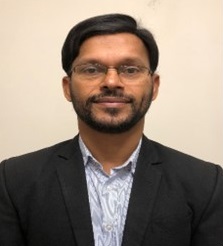 In this first interview we are delighted to welcome Prof. Joseph M Pappachan, consultant in endocrinology and metabolism, and Research Lead and Postgraduate Training Lead at Lancashire Teaching Hospitals NHS Trust (LTHTR). His research interests are broad and impactful, focusing on areas such as obesity, diabetes, neuroendocrinology and musculoskeletal metabolism, among others. He is an accomplished editor for several leading medical journals and has published over 160 papers in leading medical journals and has a notable h-index of 40 with over 5300 citations. Prof. Pappachan joins us to discuss his motivations and strategies behind a successful career in endocrinology and shares his vision for the future of epilepsy research and treatment.
In this first interview we are delighted to welcome Prof. Joseph M Pappachan, consultant in endocrinology and metabolism, and Research Lead and Postgraduate Training Lead at Lancashire Teaching Hospitals NHS Trust (LTHTR). His research interests are broad and impactful, focusing on areas such as obesity, diabetes, neuroendocrinology and musculoskeletal metabolism, among others. He is an accomplished editor for several leading medical journals and has published over 160 papers in leading medical journals and has a notable h-index of 40 with over 5300 citations. Prof. Pappachan joins us to discuss his motivations and strategies behind a successful career in endocrinology and shares his vision for the future of epilepsy research and treatment.
What inspired you to pursue a career in endocrinology, and what keeps you motivated in your daily practice?
The complexities of hormone science is very minimally understood by most physicians, though it is highly important to understand these in medical practice.
I thought of learning more about this science to improve my clinical practice and I am happy I chose this field. My motivation to practice is the new developments in research to find a cure for many diseases where previously a cure was not an option. Another motivation is the satisfaction of many of my patients who get remarkable symptom improvement after cure/ proper treatment of hormone disorders.
How do you manage to balance your professional responsibilities with your personal life, and what strategies have you found most effective in maintaining this balance?
I have a reasonably structured lifestyle with time slots divided for professional activities, personal and family commitments. This approach gives me reasonable time for my activities in daily life and discharge my professional duties appropriately.
What key pieces of advice would you offer to early career endocrinologists who are just starting out in the field?
There are a lot of networking opportunities for learning, collaborating in research and academic development in this field. Without getting involved in these, you can’t make a difference and identify yourselves as a good endocrinologists.
What clinical advances on the horizon are you most excited about?
A potential cure of type 1 diabetes in near future; marked improvements in the obesity and diabesity pandemics with the newer antidiabetic/anti-obesity drugs; and gene editing techniques to cure many monogenic endocrine and diabetes disorders are going to change the endocrine treatment landscape in near future.

